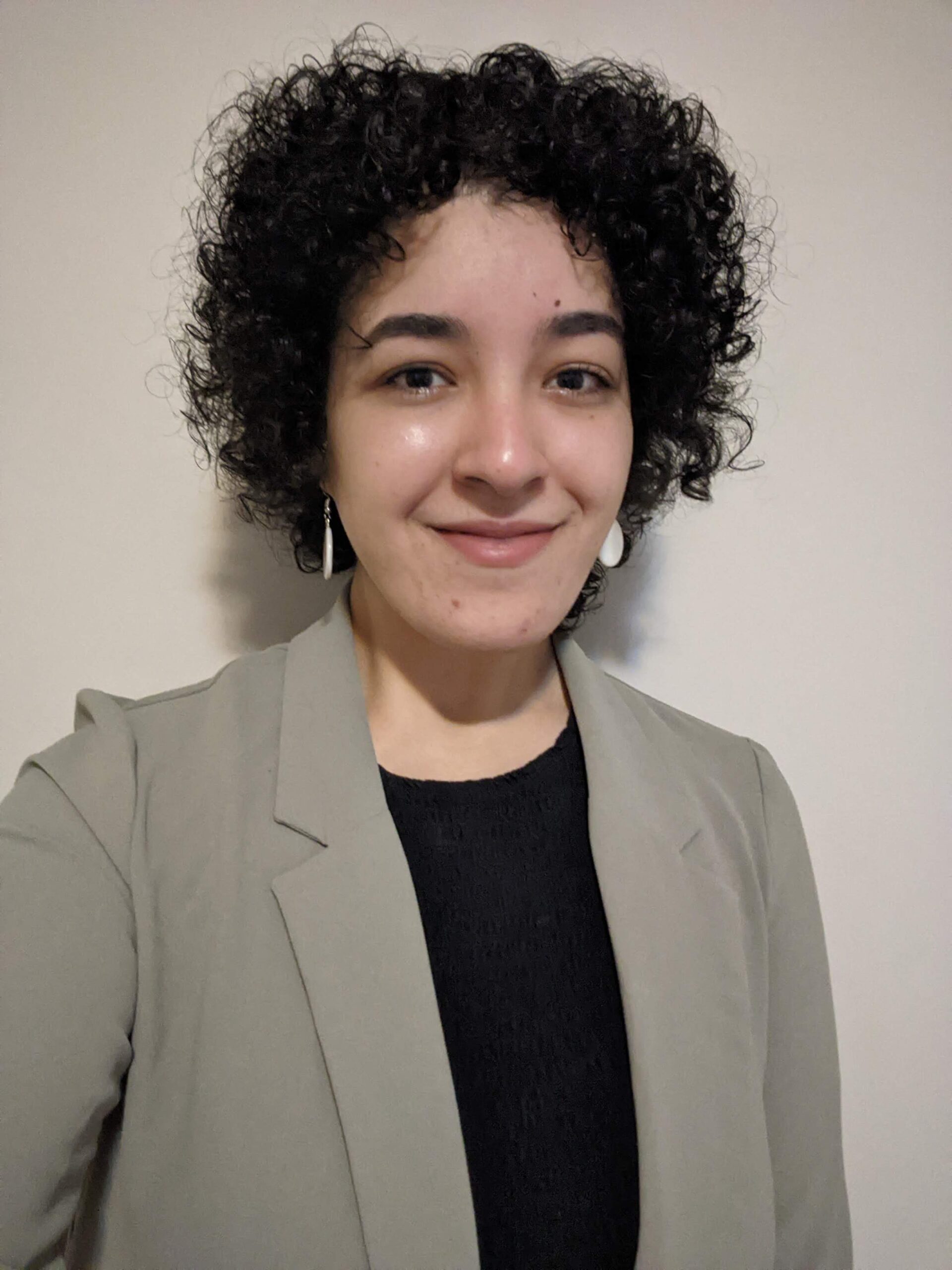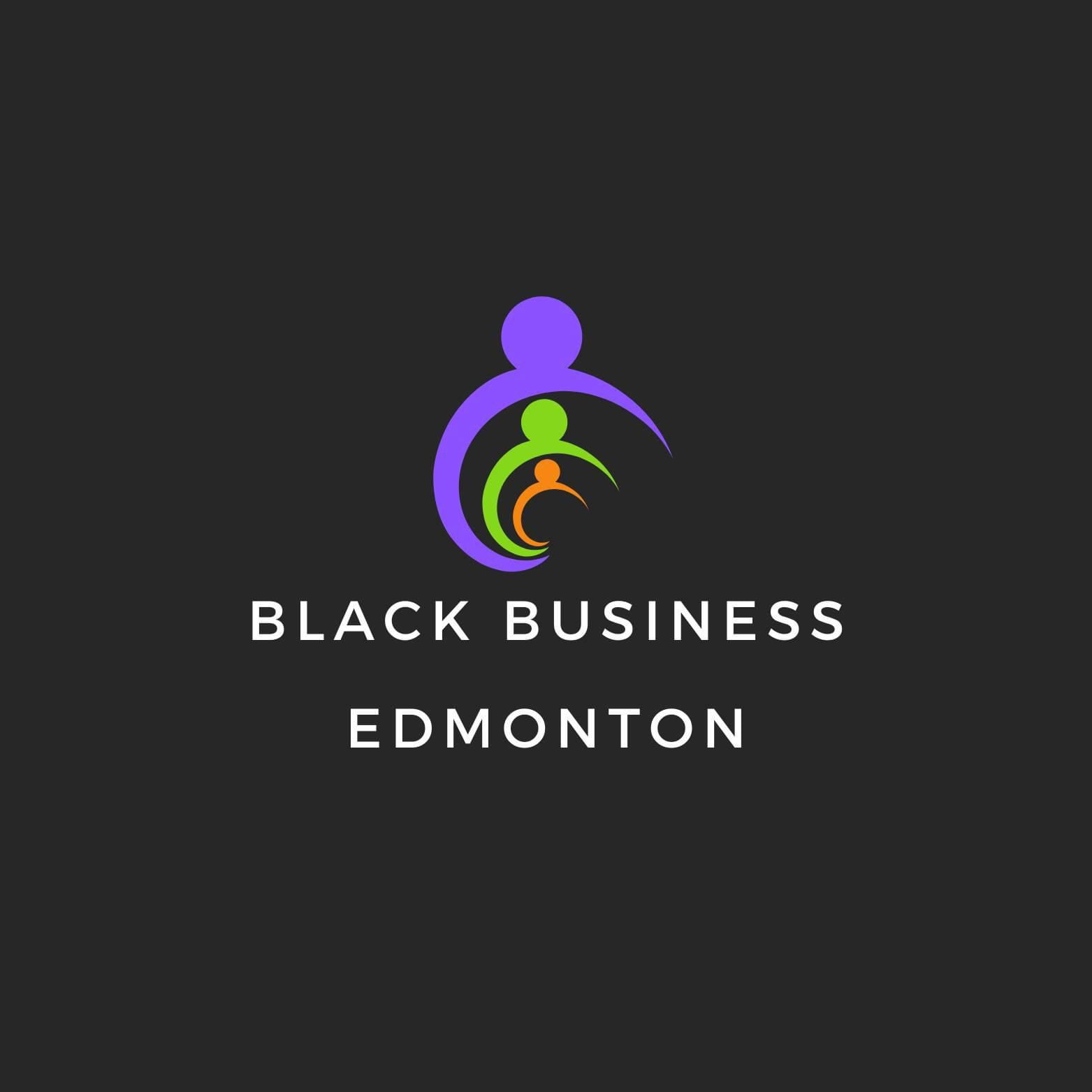
For the Love of Mothers! | Monica Bassili
Tomorrow, May 8, 2002, marks an important day when Canadians celebrate Mother’s Day. For many people, this holiday can be one of two things – a beautiful time to spend with your mother or a tense, uneasy time where you’re conflicted about whether to send a card or just call by phone. But, whether you live with your mother or you are an ocean away, there is always a feeling inside you that forces you to acknowledge and appreciate your mother.
Among the many issues between mothers and their children is intergenerational trauma. Both domestically and internationally, mothers in Canada experience varying forms of trauma which transcend onto their children. As well, indigenous peoples within Canada’s borders have unique relationships with family. In addition, immigrant and refugee families also carry a form of family that transcends boundaries. For these reasons, Canada is a striking example of housing a diversity of families, cultures, and relationships which evolve.
Indigenous Mothers and Families
For instance, in the domestic context, settler-colonial Canada creates the conditions that perpetuate intergenerational trauma against Indigenous women and children. Since the Europeans contacted Turtle Island (North America), Indigenous women have been and continue to be the target of forced Christianity, loss of culture, language, kinships, and notably, the loss of traditional family relationships. As a result, women were seen as needing to conform to the ‘nuclear family’ model of a man, his wife, and his children.
In doing so, women were disenfranchised not only in the eyes of settler Europeans but by the men in their communities because Indigenous peoples systemically stripped them of their agency and authority. As a result, women are mothers, community leaders, and healers in the community. Coupled with the residential school system, Indigenous family structures were intentionally destabilized to introduce and instill a European, Christian mode of living. With this in mind, a widespread celebration like Mother’s Day may be challenging when you, as a child, know that certain instances in your upbringing were unjust, humiliating, or ultimately inappropriate.
Immigrant and Refugee Mothers and Families
Like injustice and disrespect during one’s upbringing, many children of immigrant and refugee parents experience the same tensions. Unlike settler-colonialism, many immigrants and refugee parents migrate due to colonialism. For instance, settler-colonialism refers to the forced settlement of outsiders to a land already inhabited by a people. Think of Israel’s imposition of settlements onto Palestinian lands. In a solely colonial context, the extraction and exploitation of land, resources, and labour are present within minimal to no settlements for those exploiting the territory. Think of the British Empire and its interactions with India.
Therefore, colonialism is vital in whether a former colony, such as India, manifests into a nation that strives for better opportunities elsewhere. Yet, paradoxically, immigrating to Canada, another one of Britain’s colonies, is an attractive opportunity for migrants to access their families’ employment, housing, and education. In this way, many cultures and ethnicities across the globe choose to migrate to Canada for a better life.
Again, as another former British colony, Egypt serves as a breeding ground for young people to plan and organize around migration to Canada. For my parents, this came well before the 2011 Egyptian Revolution, and instead, they immigrated during the dictatorship in search of a better future for their families. This context is essential because Canada embodies many principles and values that inherently contradict those that stem from Egypt and other non-Western countries as a Western country.
Importing Cairo to Vancouver
Among the most challenging things, a child of an immigrant faces is the daily understanding that you, as this racialized child, are not from this place. You are not from Vancouver. To the eyes of others, you are from somewhere else. Probably somewhere far off, somewhere where you probably have difficulty integrating into Western culture. In this way, even assimilating as a child born and growing up in Canada will struggle to integrate into Western modes of being and knowing.
Think of the family structures of Westerners and the importance of the nuclear family. Yet, in many religions and cultures, this form of family is non-existent and only exists when forced upon them. Therefore, many immigrant families in Canada continue to take pride in bringing up their families in their homelands’ precise traditions and values.
This means bringing over a solid Muslim or Coptic Christian faith for Egyptians. However, most of Egypt is Mulsim, and the culture is spread uniformly irrespective of religion. In this way, there is almost always a culture shock when importing Cairo to Vancouver. For me, this manifested as resentment, anger, and contempt for my mother and her choices.
Holding Back the Years
Despite the negative experiences growing up, there is no value in carrying this anger with you for the rest of your life. Ultimately, if your mother is unaware or unwilling to acknowledge the damage done during your upbringing, the only person being harmed in the present is yourself. During the four years, I’ve spent away from my parents, I realize that carrying the pain of the past only continues your pain into the future. With this in mind, Mother’s Day brings a unique challenge and opportunity to children to engage with and spread love to their mothers,
Every familial situation is unique, and there are most certainly situations in which cutting contact with your mother is a suitable option. However, in many cases, intergenerational trauma causes problems between mothers and their children. For instance, perpetuating stereotypical gender norms, forcing religious indoctrination, and imposing strict and irrational standards growing up are common in immigrant households.
These experiences, however, represent the carrying over of past cultures to a new community. In this way, the goal of mothers is not to cause harm, but to carry a legacy of culture and family into their new homes. However misguided this may be, these mothers are not inherently trying to cause harm to their children. Rather, they migrated to Canada precisely to award their children the opportunities and privileges that are absent from their home countries.
Moving Past Anger and Spreading Love
With this in mind, it is essential to reevaluate and re-envision your relationship with your mother. Although cliche and overused, we truly only have one set of parents and failing to award them the compassion and time to see their perspectives may only cause you more harm in the long term. For me, even those I have been gone for four years, the pain and anger never left without taking the time to talk with them and realize that they did the best they could. Such an example is not only helpful to Mother’s Day but for the rest of your life. No matter how far you run, the pain in your heart for the harm caused by your parents stays with you.
Thus, only when you engage in these uncomfortable discussions is when you can begin to see the world differently and experience it in the ways your mother might have. I urge moving past anger, and instead, come into Mother’s Day with love and acceptance for your mother and your parents. When you can broaden your understanding and worldview, you can become open to possibilities you may have never imagined. Every day is a new day, and everything you carry with you can easily be shared with your own future children.
Taking intergenerational trauma into consideration shows growth and maturity to produce a new vision for the future. One that embodies a love for others and empathy to know the reasons why a person chooses to act the way they do. I wish everyone a beautiful, warm, and happy Mother’s Day!
The Joys and Pain of Being a Single Mum| Reflecting With YegWatch





